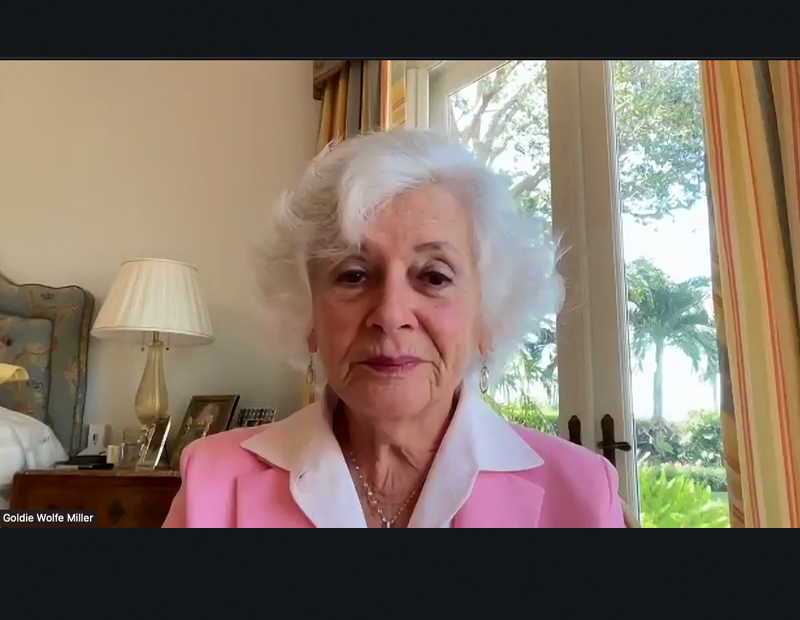Impacts of Proposed Repeal of Section 1031
By Marc Imrem, Managing Director of Capital Markets, Transwestern: What does the repeal of Section 1031 mean for commercial real estate investors?
By Marc Imrem, Managing Director of Capital Markets, Transwestern
In the face of skyrocketing debt, the U.S. government is mulling over two newly suggested ways of limiting tax-deferred investments. Congress is proposing to repeal Section 1031 of the Internal Revenue Code, which allows for like-kind exchanges. And President Obama’s 2015 budget proposes limiting the capital gain deferral to $1 million per taxpayer per year.
What exactly does this mean for commercial real estate investors? The first step to comprehending the consequences is to understand a 1031 exchange (also referred to as like-kind exchange). A 1031 exchange allows an owner of real estate to defer capital gains taxes when selling investment property and purchasing like-kind replacement property, if done within specific guidelines. Essentially, an investor can swap out properties without realizing a capital gain, at least as far as the IRS is concerned.
Normally, sellers of real estate are required to pay 15 to 20 percent capital gains taxes on the profit achieved when divesting an investment property. With a 1031 exchange, those taxes can be deferred if another, like-kind property of equal or greater value is purchased with equal or greater debt and under certain time constraints.
This allows businesses and investors to sell property and purchase larger replacements without the consequences of taxes. These exchanges encourage business expansion and enable investors to buy larger properties over time. Currently, there’s no limit on how often or how many times an investor can utilize a 1031 exchange, meaning an investor could continually roll taxes from one property to another, even if there’s a profit made each time. Investors would only pay taxes once they actually cash out, at a typical tax rate of 15 percent.
Although proposals to limit the scope of Section 1031 have been considered in the past, none have come close to an outright repeal and only slight modifications to the legislation have been passed. Now, however, the federal government sees Section 1031 as a potential revenue-generating source through full repeal or limitation.
While it might generate extra tax revenue, either proposed change has the potential to significantly impact property owners. Without Section 1031 exchanges, businesses would pull back from expanding or improving their real estate facilities to avoid being taxed immediately; a move that could make it more difficult to expand operations. Entry-level investors would have a harder time finding suitable investments, and larger investors would stop trading up to more valuable properties. Even developers would have to pass on certain projects as the new tax issues would cut profits to the point of infeasibility. Overall real estate values would plummet, real estate tax revenues would fall and local governments would suffer.
There’s a very practical reason Section 1031 has remained largely intact since its inception: it encourages growth and expansion by businesses and investors. To repeal it would be to limit the investment field and commercial real estate industry at large.







You must be logged in to post a comment.